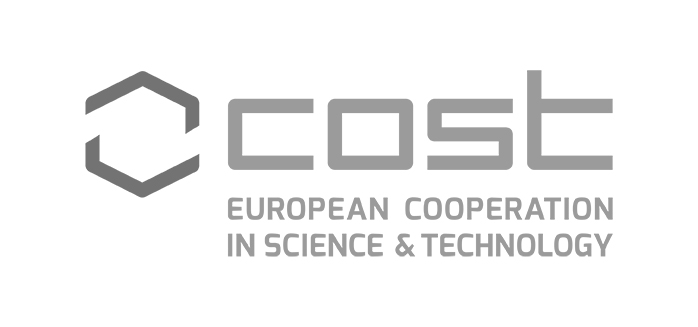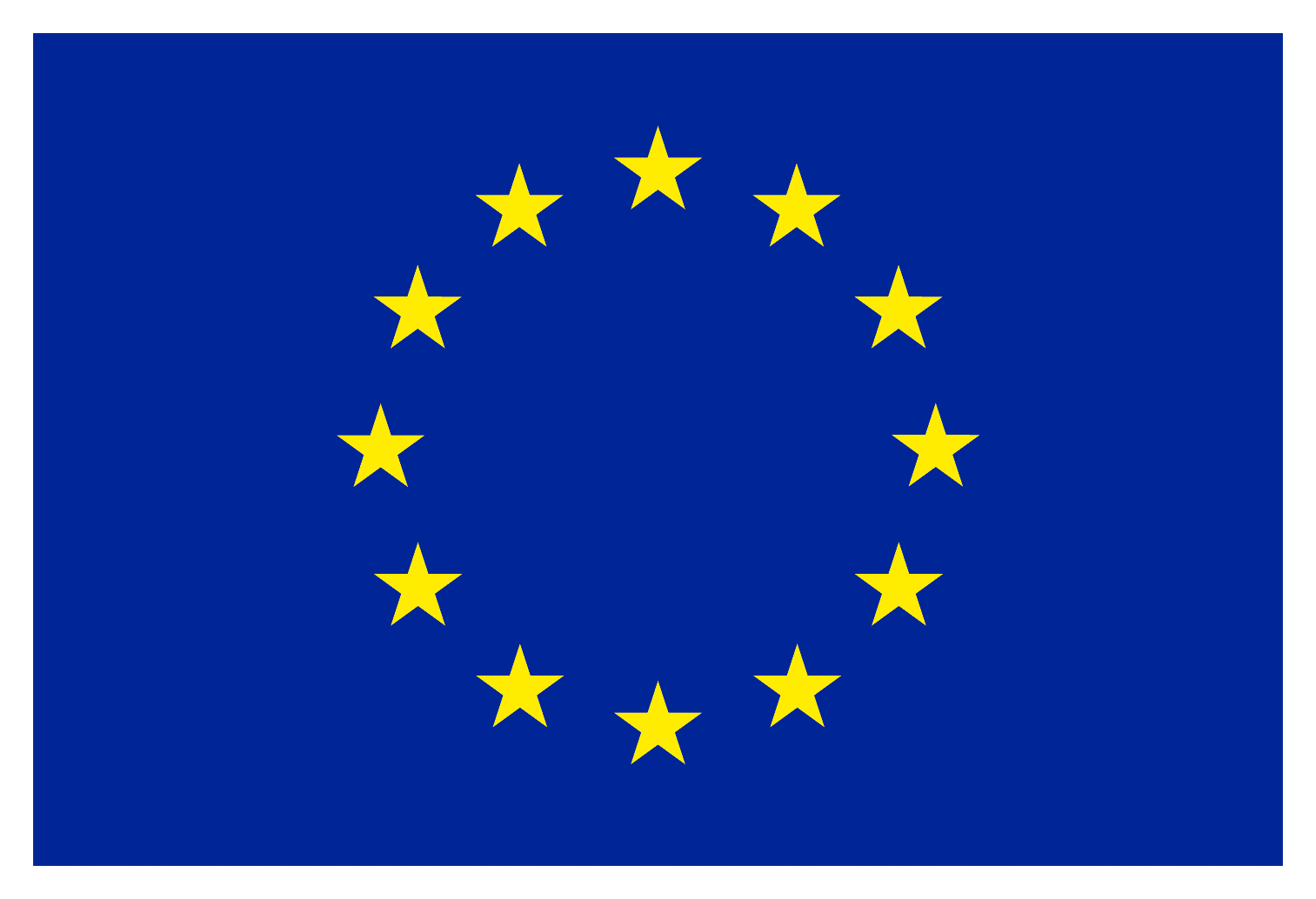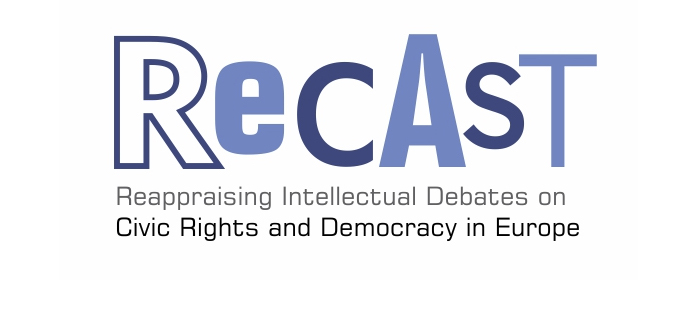Tackling the Challenge
COST Action CA 16211 RECAST
Reappraising Intellectual Debates on Civic Rights and Democracy in Europe
Bridging the Gap
➢ The Action revises two reductionist views on the capacity of European democracies to meet the challenge of civic rights claims. Both views hinder the understanding not just of the challenge, but also of its treatment:
(a) The widespread assumption that the ‘accommodation of conflicting rights’ (Hannum) is mainly contingent on the particular political circumstances of each country.
(b) The outlook of parliamentary democracies, appreciable in mainstream debates, that dismisses the fact, pointed out already by Bryce, Ostrogorski, and Weber, that democratization, namely, the spread and deepening of democracy, proceeds in parallel with the professionalization of politics and bureaucratization.
As regards the former view, comparative experience teaches that it is no longer the case and, rather, that transnational cooperation becomes an indispensable condition. As for the latter, movement politics and other alternatives to further democratization, mainly focused around the ideal of deliberative democracy, instrumental as they are, cannot do away with institutional politics.
➢ RECAST’s innovation potential lies in its capacity to provide new insights into the links (theoretical, political, and institutional) between civic rights and democracy in Europe. A worthy benchmark in addressing them is the Council of Europe-commissioned report Living Together: Combining Diversity and Freedom in 21st-Century Europe (2011). The report persuasively relates human rights issues with democratic performance shedding light on the chances to improve the correspondence between intellectual and public debates with political reforms. It outlines a number of ‘strategic recommendations’ to provide a Europe-wide democratic understanding of immigration policies and citizenship laws.
➢ The Action distinctly resumes part of those advices in two directions:
First, assuming that methodological pluralism is a facilitating condition in the search for innovative results, it draws on the cooperative research of WGs to outline a transnational comparative approach.
Second, engaging scholars and non-academic stakeholders, it creates a debating perspective to enhance the paths from intellectual to public debates, and from public debates to politics and policy action.
➢ Reappraising intellectual debates entails revaluing their contributions to the challenge making visible to wider publics the outcomes of transnational, interdisciplinary research produced by the Action’s WGs, reaching social and political agents in their attempt to influence political reforms.
 |  |  |  |



